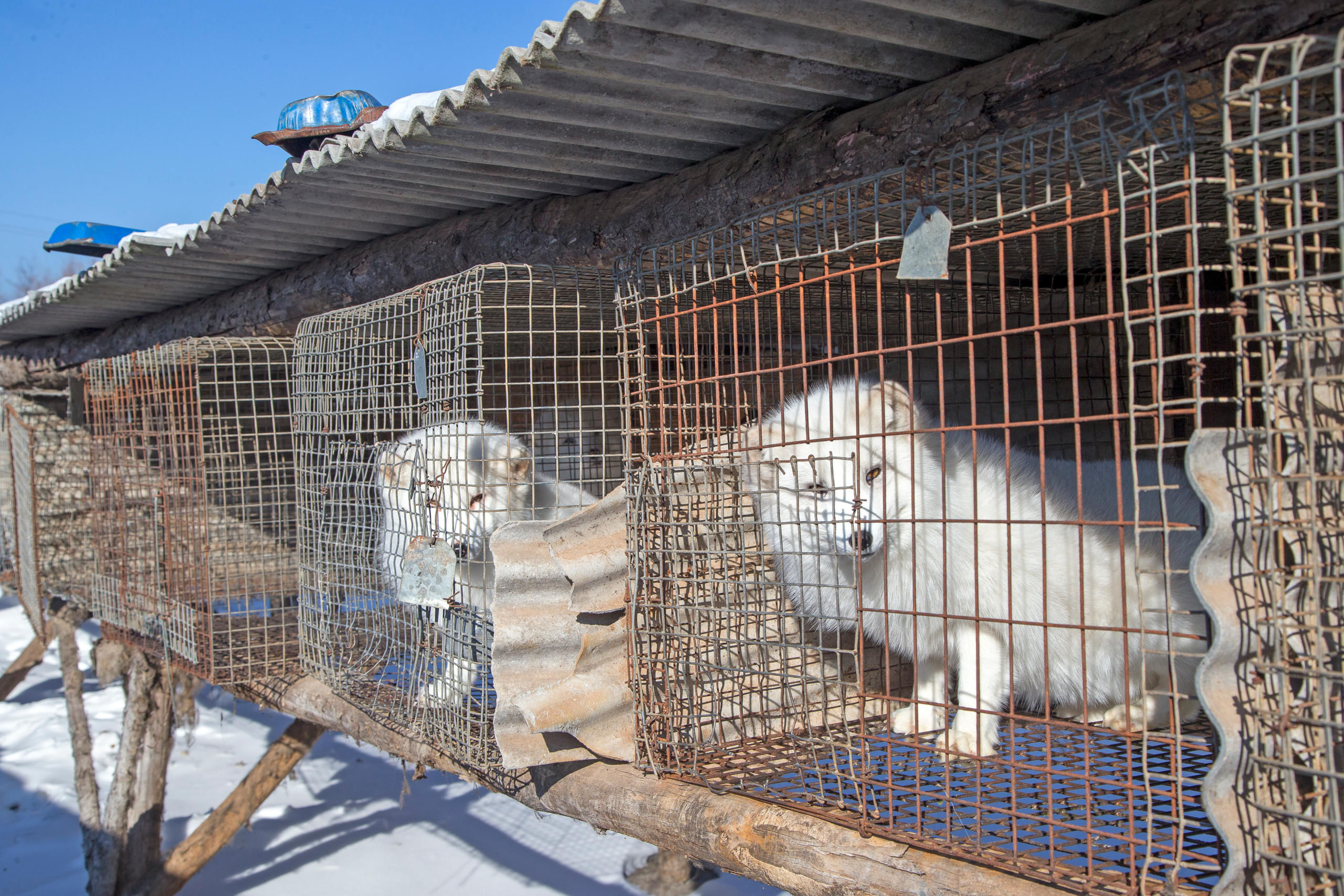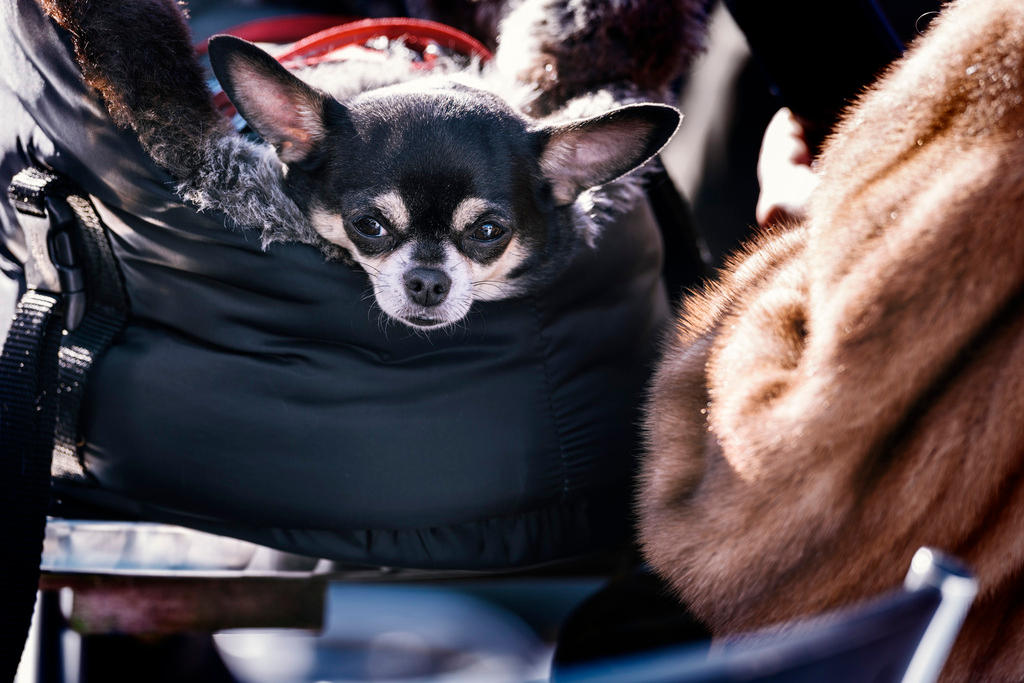If parliament refuses to act, it’s the people’s turn

The Swiss parliament recently rejected a motion to ban imports of foie gras, frogs’ legs and other products involving cruelty to animals, but two proposed people’s initiatives could bring the ban into effect anyway.
In Switzerland, if something fails in parliament, all is not lost because there is still direct democracy. A No from parliament does not mean a No from the people. By launching a popular initiative, you can thumb your nose at parliament with support from the electorate.
That is what happened recently with the proposed import ban on products involving cruelty to animals, which are banned from production in Switzerland:
+ Animal rights groups seek to ban foie gras, other imports
After the Senate decision on November 28 to continue allowing such imports, an alliance of animal rights organisationsExternal link announced it planned to collect the necessary signatures for a popular initiative, which would force a nationwide vote. The aim is to implement the motionExternal link introduced by Social Democratic parliamentarian Matthias Aebischer which did not get through parliament.
Better two than one
The Green Party’s initiative for ethically produced foodExternal link already aims to ban imports of food products that do not meet local regulations with regard to animal rights. So why another initiative from the animal rights alliance?
The initiative for ethically produced food is wider and does not target only products from animals treated cruelly. It also aims to promote food that is produced with respect for the environment, resources, animals, and with fair working conditions. The aim is to reduce food waste and give seasonal products a commercial advantage to protect the environment and the climate.
Michael Gehrken of the Swiss Animal Rights Alliance thinks that if the Greens’ initiative is approved by the people, then the Alliance’s one is not necessary. But since the initiative for ethically produced food is wider, it is possible that the electorate might reject that while approving the one to ban imports of products involving cruelty to animals.
Halal and kosher meat
So, if voters approve the Animal Rights Alliance initiative, which products would be banned from import to Switzerland?
“All products from animals that have been treated cruelly,” Gehrken says, although he does not give examples.
He says the ban would cover all products whose production is illegal in Switzerland, with one exception: it would not cover halal and kosher meat, even though slaughtering animals without previously stunning them is forbidden in Switzerland.
“Fundamental rights are guaranteed in Switzerland, notably religious freedom,” he says.
Products produced through cruelty to animals
Here are some of the products that could fall under the proposed initiative:
Eggs from battery hens: the hens are kept in restricted spaces, which is banned in Switzerland.
Foie gras: the geese and ducks are fattened by force-feeding them several times a day. The use of a metal tube inserted into the oesophagus often causes injuries. In Switzerland this is considered cruelty to animals and is banned.
Frogs’ legs: the legs are often pulled off without the animal first being stunned. The frog often suffers for hours before it dies. In Switzerland this practice is outlawed.
Fur: The animals are forced to live in small cages with bars at the bottom. They are constantly subjected to external stimuli and cannot rest. To catch these animals in the wild, traps are usually used, causing suffering and fatal injuries.
Quails’ eggs: to produce these eggs, these migrating birds that normally live in small groups are put in battery cages where they can hardly move. This type of farming is banned in Switzerland.
Translated from French by Julia Crawford

In compliance with the JTI standards
More: SWI swissinfo.ch certified by the Journalism Trust Initiative













You can find an overview of ongoing debates with our journalists here . Please join us!
If you want to start a conversation about a topic raised in this article or want to report factual errors, email us at english@swissinfo.ch.